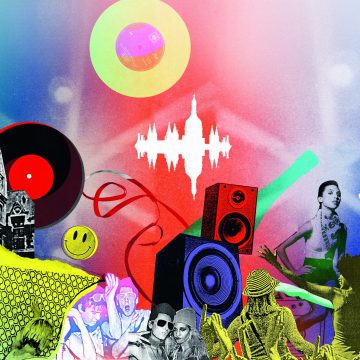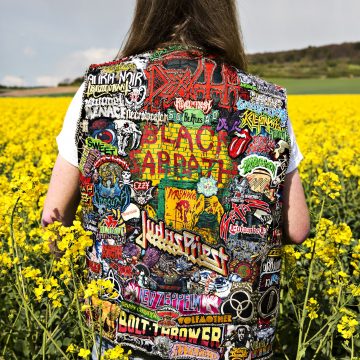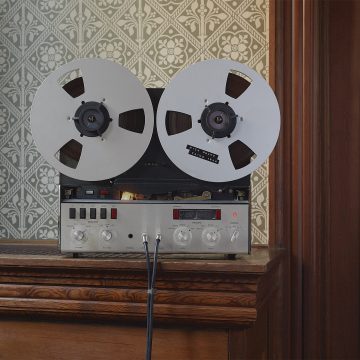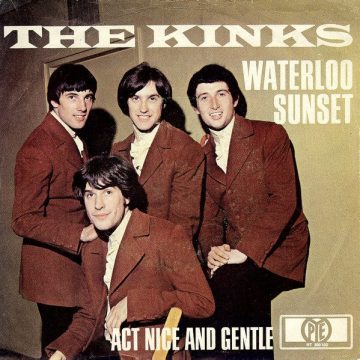It’s showtime!
Is there any thrill like the thrill of musical theatre? We don’t think so. We talk to eight prominent Cambridge alumni about why musical theatre exerts a hold that just won’t let go.
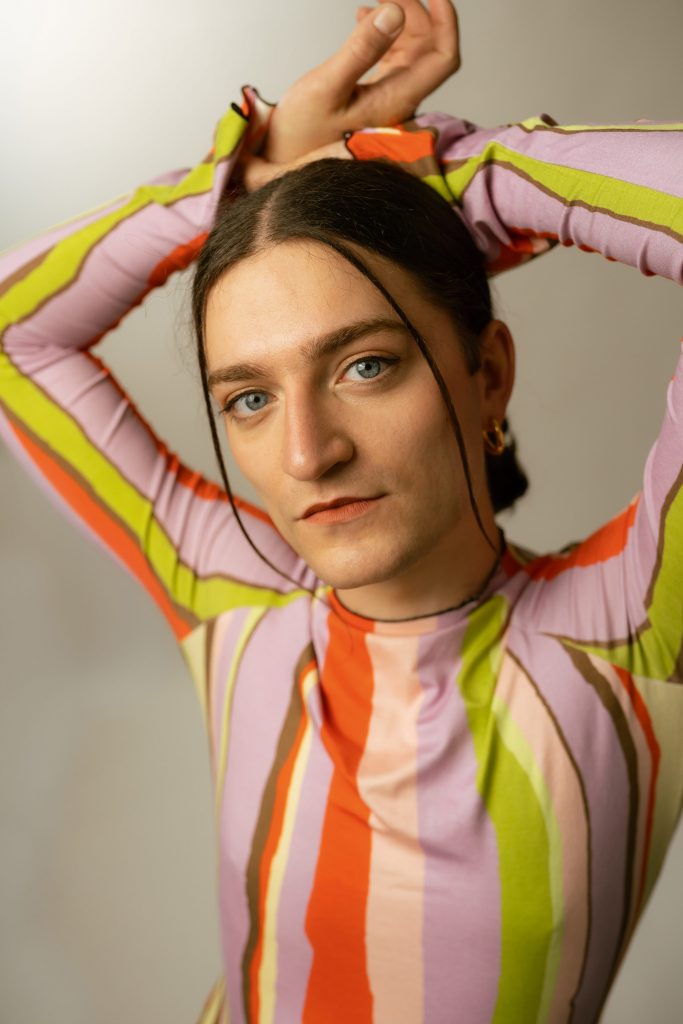
Toby Marlow (Robinson 2014)
Composer, writer and actor
Credits include: Six; Hot Gay Time Machine; Senseless; Shadows in the Sun
What I want from a musical depends on what kind of musical I’m seeing. But in general, having some absolute bangers in it, just really good songs, that makes me really happy. If it’s a commercial show, I also really enjoy the big production elements: big sets, amazing tap dancing, whatever. They bring out the eight year old in me. Cats is the perfect example: you can’t get better than a bunch of people throwing themselves around the stage screaming about what kind of cat they are.

Lucy Moss (Caius 2014)
Writer, director and composer
Credits include: Six; Ratatouille: The TikTok Musical; Legally Blonde: The Musical
There’s nothing quite like the delight you can get from a comedy song – making people laugh with a song is so different to stand-up. Similarly with storytelling, the music heightens the emotion or the hilarity. It can be so much more joyful and also so much more moving as a way of communicating ideas. But a musical will only work if it’s in the best form for that story. My favourite is Oliver! I like the fact that Bill Sykes doesn’t sing in the film version, while he does in the stage show. Singing in the film is a way of embracing the joy and lightness of the story, so it’s indicative that Sykes doesn’t join in with that.
The best musicals do something to us, they’re thrilling in a visceral way. When it works, the musical takes you to another dimension because it brings together the communal, the intellectual and the physical. The music lifts you to another level
The best musicals do something to us, they’re thrilling in a visceral way. When it works, the musical takes you to another dimension because it brings together the communal, the intellectual and the physical. The music lifts you to another level
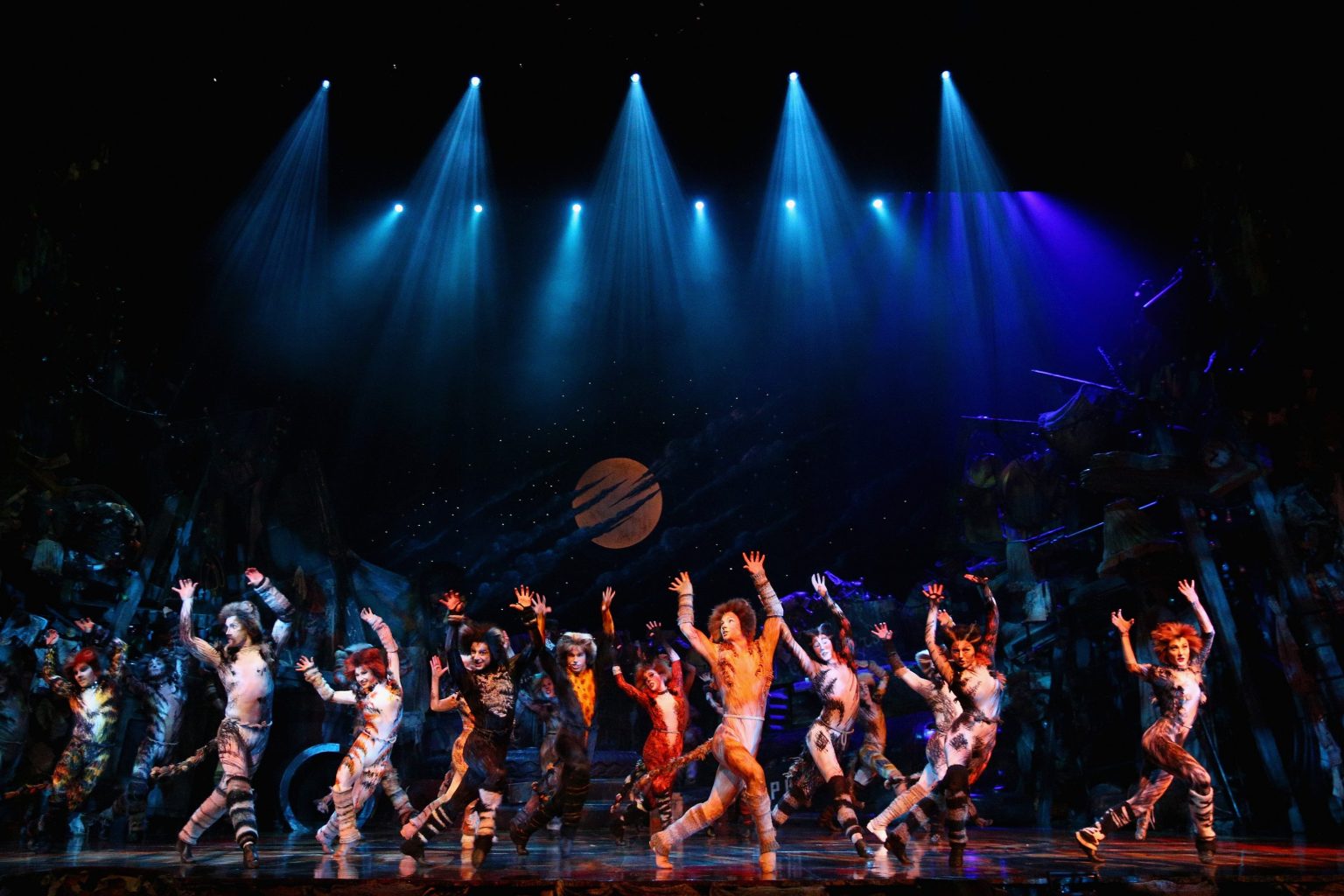
Premiering in 1981, and created by Andrew Lloyd Webber, Trevor Nunn and Richard Stillgoe, Cats remains the fourth-longest-running show on Broadway and the sixth-longest-running show in the West End.
Cameron Spencer / Getty
Trevor Nunn (Downing 1959)
Theatre director
Credits include: Cats; Les Misérables; The Life and Adventures of Nicholas Nickleby
When Shakespeare was writing plays, a popular theatre format was the masque – huge musical entertainments with spectacular designs and spectacular costumes. The whole point of the masque was to completely blow the audience away with a mixture of music and visual. Then, in the 18th-century, The Beggar’s Opera was an extraordinarily impactful, successful work. And we shouldn’t forget that hard upon the heels of the invention of opera came an entertainment known as the Singspiel – the singing play. Who wrote one of the first Singspiels? A bloke called Mozart. It was The Magic Flute. It has spoken scenes, it has rapturous music, it has comic songs. It was intended to appeal to a mass audience.
So it’s no surprise that musical theatre, as each decade goes by, becomes more and more and more successful – reaching a wider and wider demographic – because it’s been developing for so many hundreds of years. Take West Side Story, my favourite. Based on Romeo and Juliet, with astonishing virtuoso musical input by Leonard Bernstein, and Stephen Sondheim writing sensational lyrics, it’s unquestionably the great 20th-century musical.

Kate Pakenham (Caius 1993)
Independent theatre producer
Credits include: City of Angels; Heart; Committee… (A New Musical)
Why I do theatre rather than screen work is because of the communal experience of it. And musical theatre is the ultimate version of that. The best musicals do something to us, they’re thrilling in a visceral way. When it works, the musical takes you to another dimension because it brings together the communal, the intellectual and the physical. The music lifts you to another level.
It’s an interesting genre because it’s apparently light and flippant and frivolous – the stories of musicals often aren’t very complex – but actually have more depth than you might expect. Take something like Mamma Mia! – behind it is this very smart, almost Shakespearean story of lost souls washed up onto a magical island, all taking place within the classical 24-hour time frame. I loved it as a 25-year-old girl and I love it as a 45-year-old mother. The dual generational story gives it a kind of timelessness that means that you can draw together an audience across age groups.
For me, the best musicals are very clever in their structure: they reach us as an audience member on one level, dancing and prancing, but actually, beneath the surface, the best of them are really very smart.
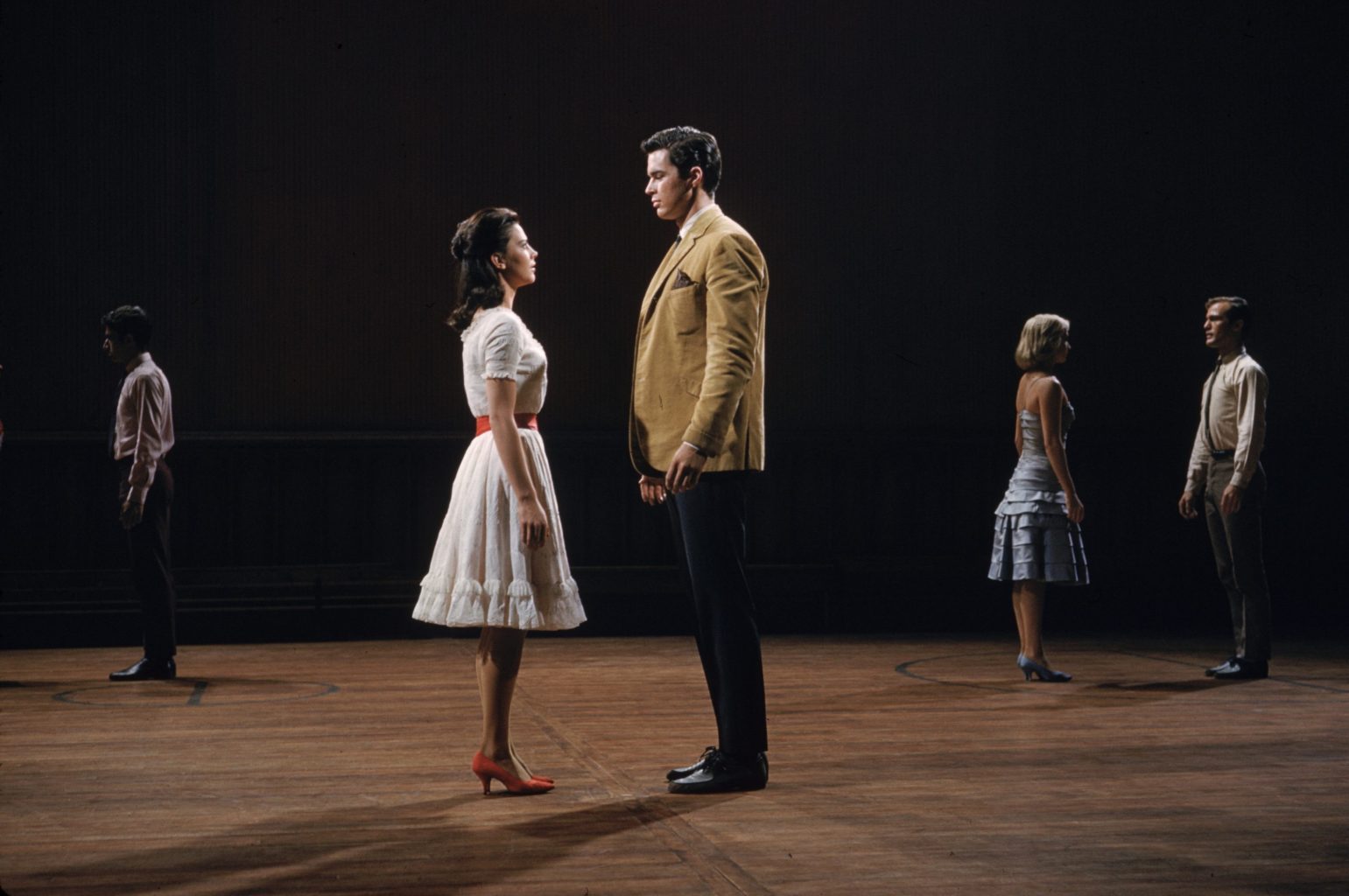
Its original Broadway run of 732 performances between 1957 and 1959 reflects its initial moderate success, but after the film version of 1961, it has gone on to become one of the most popular musicals of all time.
Ernst Haas / Getty
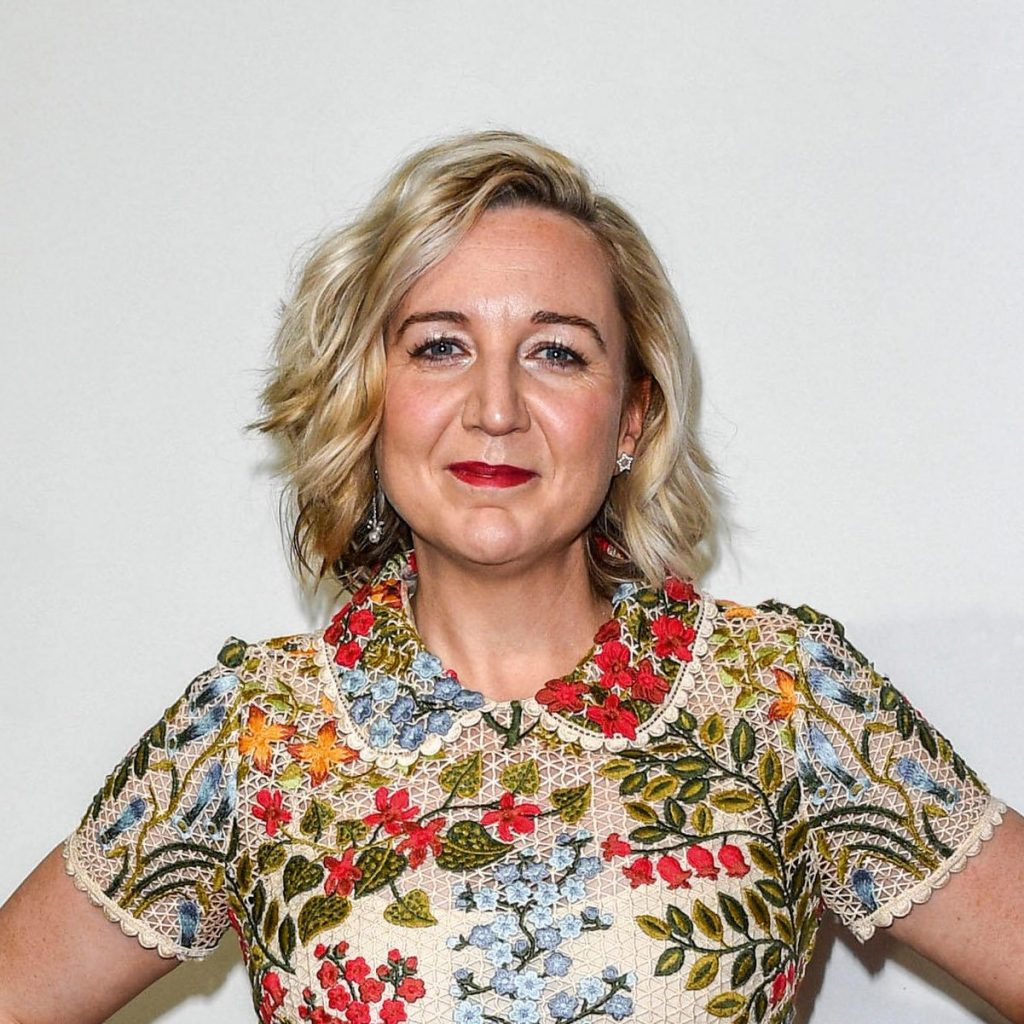
Josie Rourke (New Hall 1995)
Theatre director
Credits include: Sweet Charity; City of Angels; Les Liaisons Dangereuses
Musical theatre is mainly about pleasure and joy – whenever I’m rehearsing I have a running joke with my dad that people are just singing and dancing everywhere. It’s heavenly for me as a non-singer and moderate-to-dangerously clumsy person to be around all that. That’s the reason I ended my time at the Donmar with Sweet Charity. Although it’s a thoughtful show and it’s got stuff to say that can be extremely raw and touching, it also just soars to great heights of delight and pleasure. City of Angels is another that’s very much in my heart. We were two days from opening its production at the Garrick Theatre when the country locked down at the start of the Covid-19 pandemic. I’m really hoping I find a way to return to it at some point.
Musicals transport me back to the Palace Theatre in Manchester; it was there, as a tiny child and after an excellent Italian meal, I watched my first ever musical (My Fair Lady with Rex Harrison – many years after the film – touring as Higgins). In my head, that’s probably the memory I revisit more than anything else.
It’s the excess of it all. A lot of it is very camp and that’s refreshing – a world where people just spontaneously burst into song: how can that not be absolutely incredible?
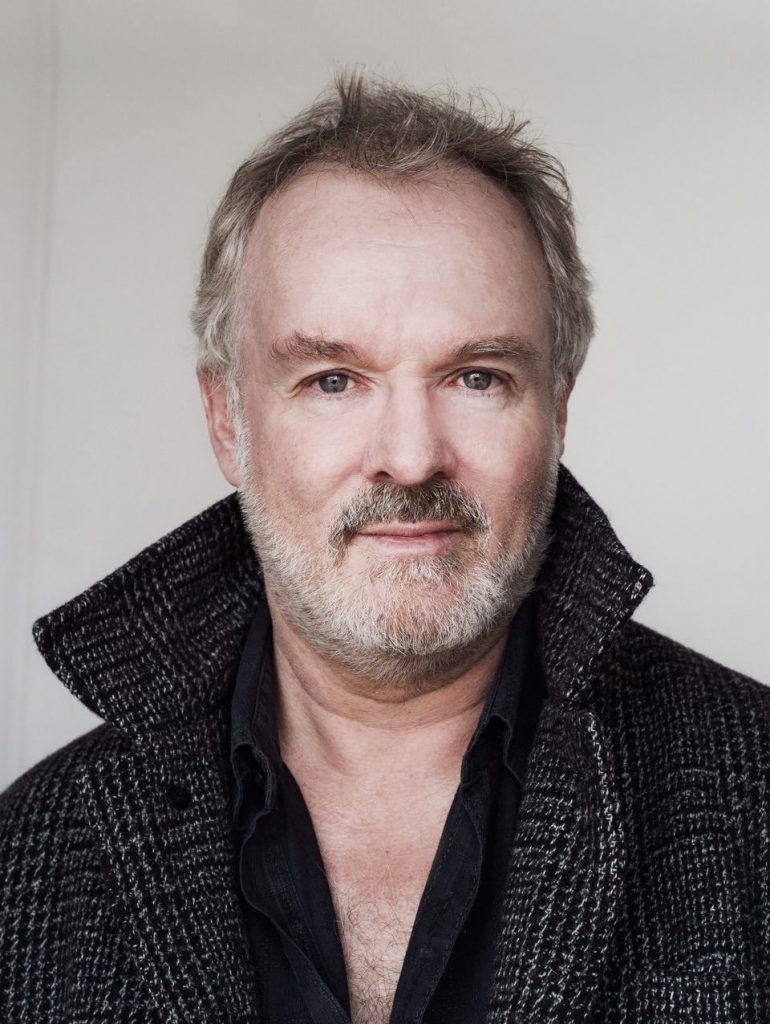
Jeremy Sams (Magdalene 1975)
Director, writer, composer and translator
Credits include: Chitty Chitty Bang Bang; Spend Spend Spend; Amour; 13
The alchemy of musical theatre isn’t in the success but in the attempt. I worship at the shrine of Stephen Sondheim and so many others – but I still don’t know of a musical that isn’t flawed at some level. That’s because it’s an attempt to put our feelings into sound and encompass our stories on a stage. It’s basically trying to put magic in a bottle and it’s really hard. Audiences are unanimous in recognising that this is something they want and need. That’s because most people at some point in their lives have been made happy by a musical, whether it’s a movie musical, or a tap thing or whatever it happens to be. My personal favourite is Sunday in the Park with George. I was musical director on the show at the National Theatre in 1990 and it’s a piece that continues to give me philosophy and beauty and inspiration.
That’s the sort of high we’re all chasing, really. Putting on a piece of musical theatre is an attempt to find that thing, to find story through music, and it’s very hard. The attempt is glorious enough to be almost as good as a success.
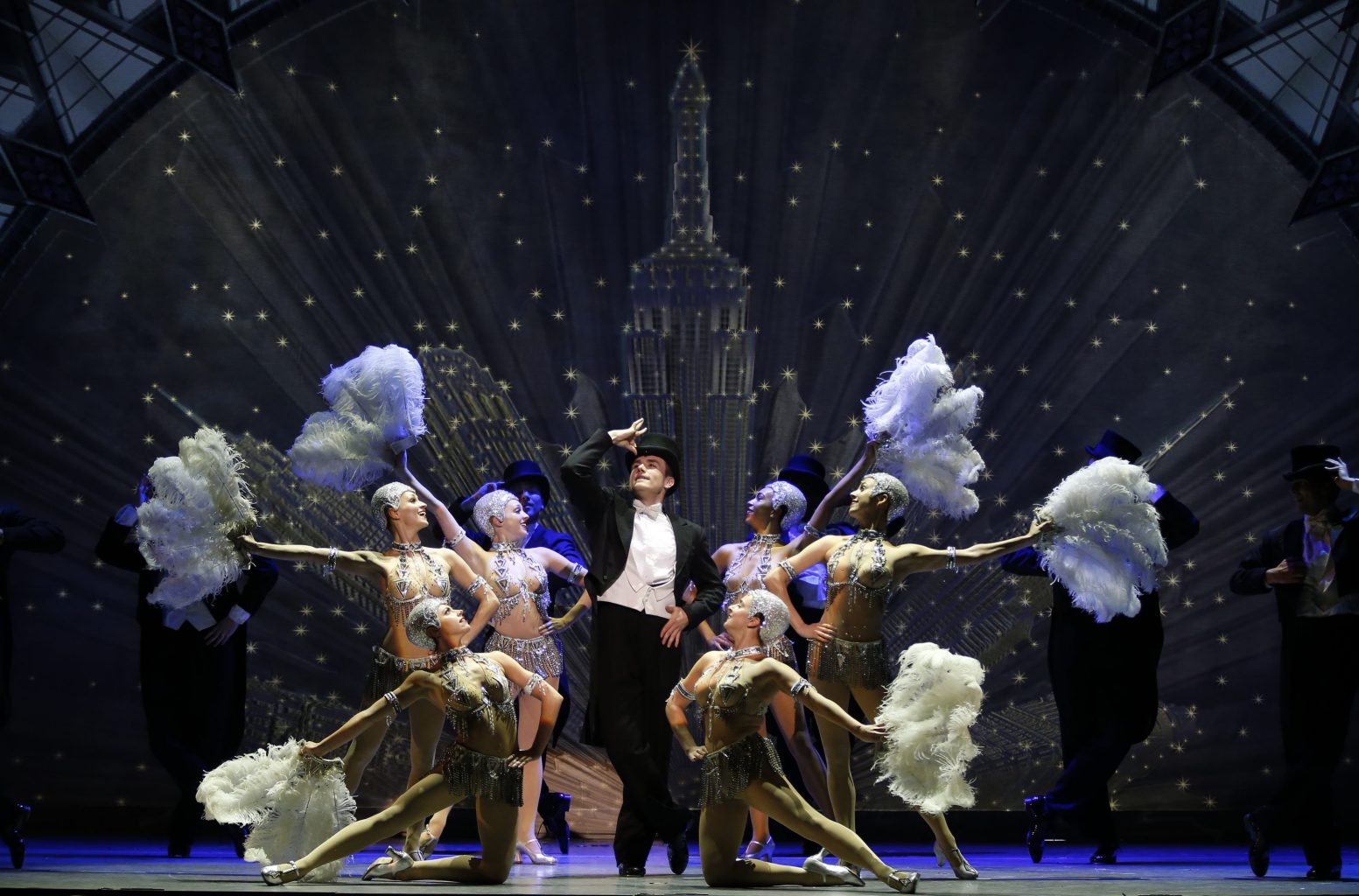
With songs from George and Ira Gershwin, and inspired by the 1951 film of the same name, the Broadway hit musical won four Tony Awards in 2015, including Best Choreography and Best Orchestrations.
Chesnot / Getty
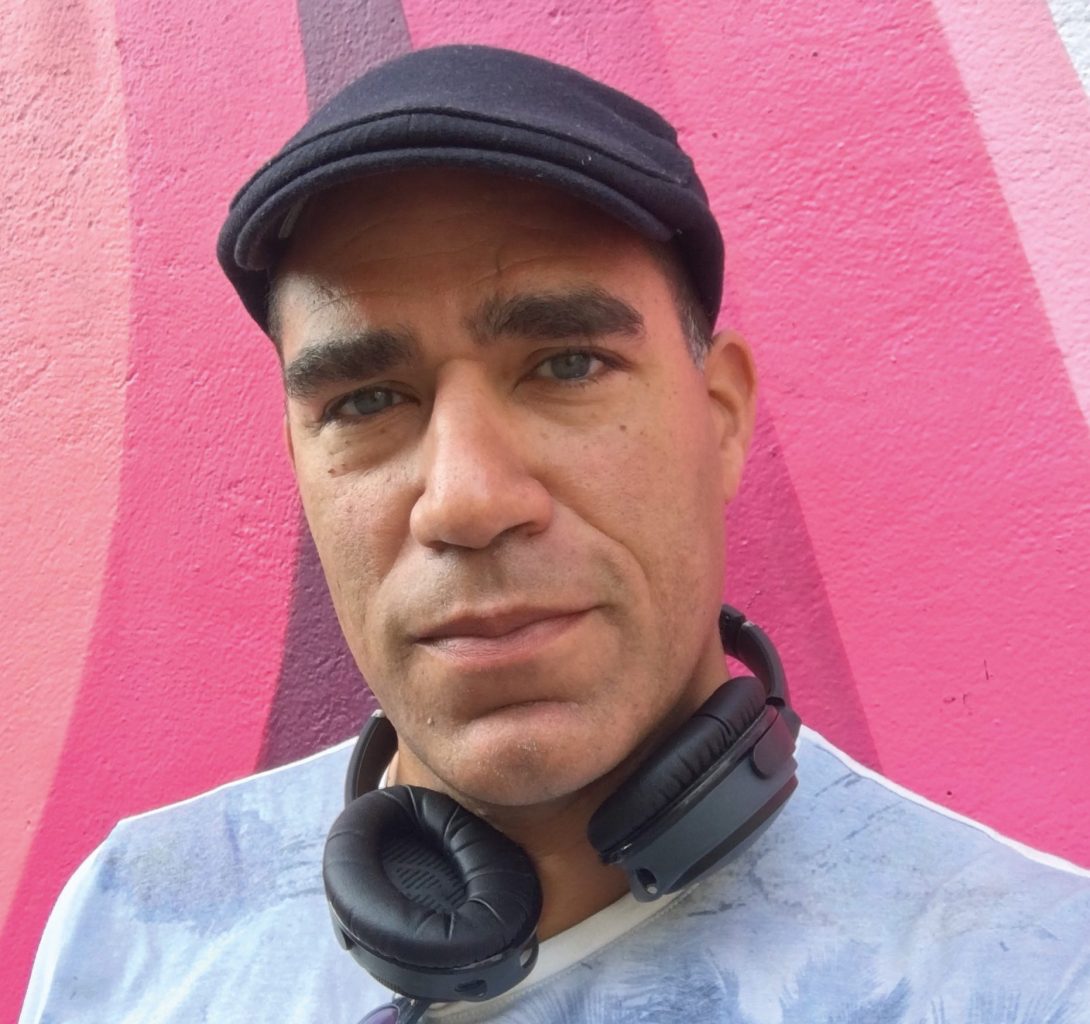
Tim Sutton (Clare 1993)
Director, lyricist and composer
Credits include: Memphis the Musical; Beauty and the Beast; To the Streets!
When watching a successful musical, everybody is disarmed: their analytical faculties are turned off. If it’s an overwhelming emotional or sensory ride that you’re on, then you want to go with it. It’s hard to say why a musical theatre song is or isn’t working, because it’s an abstract form; but when it is working, you know that you’re in good hands. Sweeney Todd was the perfect example for me: it was an enormous revelation that a team of writers could control their elements so brilliantly and that such dark material could be handled with such wit and aplomb.
In a great musical, you’re hoping to see many different elements, from comedy and drama to introspection. You have a chance to experience a whole range of emotions. A well-crafted score should be able to display all those factors and it’s the mark of a really well-rounded theatre composer and lyricist to be able to flex in all these directions. As audience members, we’re looking to see how flawed but sympathetic heroes fail, learn and grow through the course of the show. The richer the nature of the score, the better the experience for an audience.
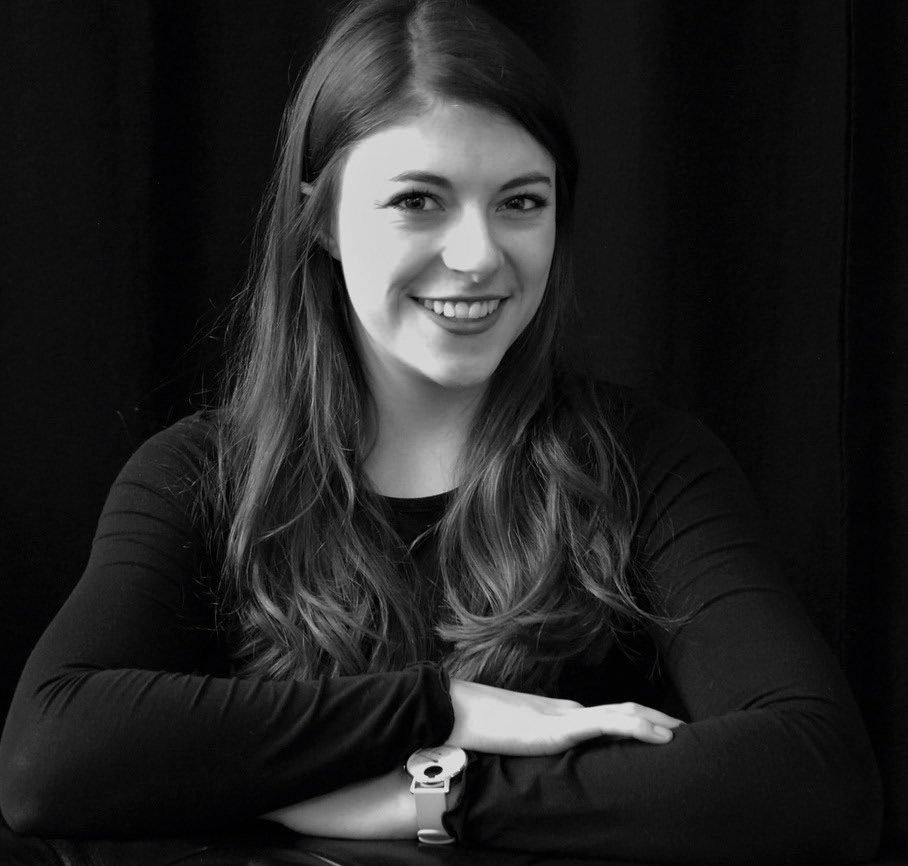
Aisha Wheatley (Fitzwilliam fourth year)
President of the Cambridge University Musical Theatre Society and appeared in CUMTS’ Chicago and Guys and Dolls
It’s the excess of it all. A lot of it is very camp and that’s refreshing – a world where people just spontaneously burst into song: how can that not be absolutely incredible? When it’s really well done, a musical is more than the sum of its parts and the audience can feel that. My favourite is An American in Paris: 1940s, set in Paris, all the transitions are ballet, but it’s jazz music. It’s just everything I love.
From a performer’s standpoint, it’s the amount of time and energy and the fun of the rehearsal process, getting to know people and having inside jokes. When it comes to opening night and you hear the band tuning up – the rush of it! The audience responds to that heightened emotion and you get an energy from them. That cheering and screaming and whooping offers a different feeling than you get from a moving piece of straight theatre, where the audience are quite subdued.

